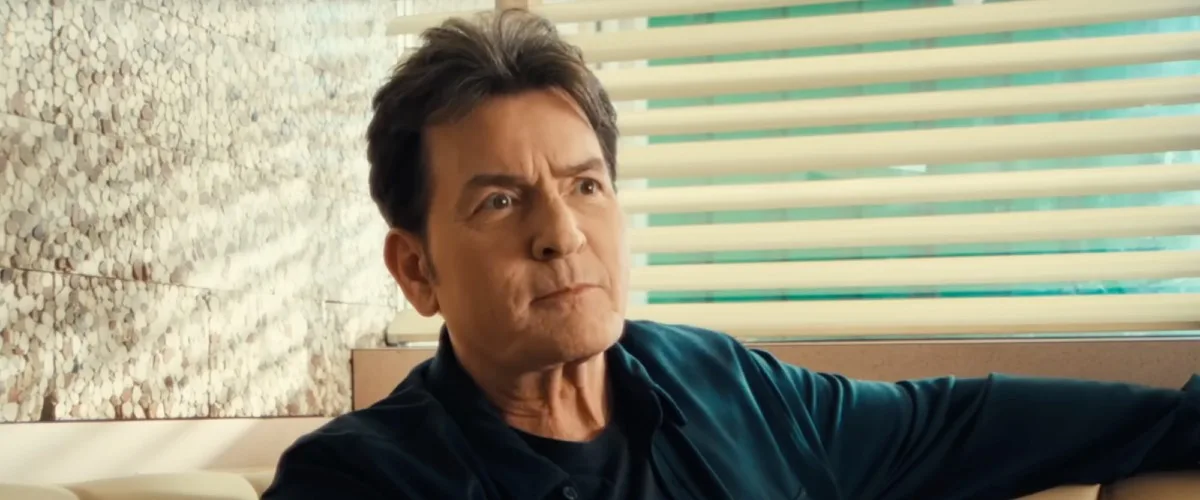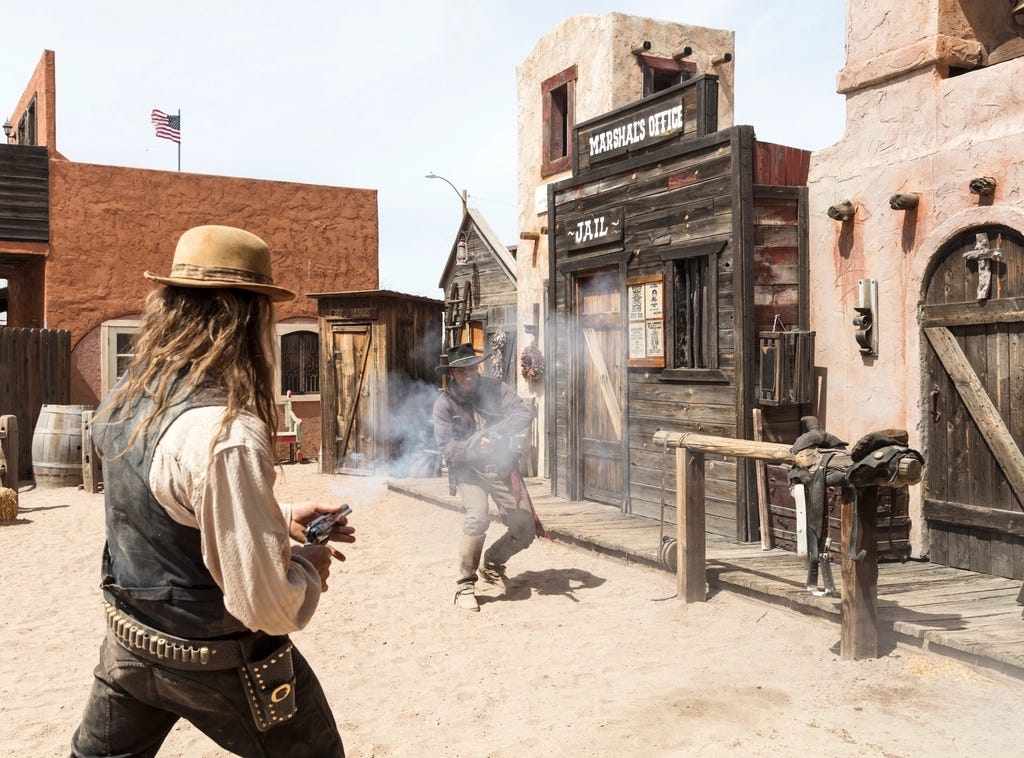
The cinematic landscape of the American West is littered with iconic figures, but few burn as brightly or as complexly as Val Kilmer’s portrayal of Doc Holliday in George P. Cosmatos’ 1993 film, “Tombstone.” More than just a supporting character in a film acclaimed for its gritty realism and compelling narrative, Doc Holliday emerges as a figure whose strength transcends mere gunplay. While “Tombstone” is celebrated for its dynamic action sequences and its faithful, albeit “loosely based on real events,” depiction of a pivotal era, it’s often the subtle, nuanced displays of character that truly cement a performance in the annals of pop culture history. This isn’t just another Western; it’s a deep dive into the soul of its most enigmatic player.
Indeed, “Tombstone” itself has become a veritable cult classic since its release, earning widespread praise for its story, directing, and particularly for “Val Kilmer’s memorable performance as the hard-drinking Doc Holliday,” frequently singled out for significant accolades. Critics and audiences alike recognized the depth Kilmer brought to the role, transforming a historical figure often relegated to a sidekick into a formidable presence whose intelligence, wit, and sheer force of will radiate from the screen. This wasn’t just good acting; it was a revelation, reshaping how we perceive the classic Western anti-hero.
But what, precisely, makes Doc Holliday so undeniably tough? It’s a question that demands a closer look, moving beyond the obvious shootouts and the quick-draw reputation to uncover the layers of resilience, resolve, and personal battle that define his legendary status. We’re not just talking about surviving a gunfight; we’re exploring a man who faces his own mortality with an unyielding spirit, who navigates treacherous social dynamics with razor-sharp intellect, and whose quiet declarations carry more weight than a volley of bullets. This in-depth analysis aims to illuminate the moments, both grand and minute, that showcase Doc Holliday’s extraordinary toughness — moments that, upon closer inspection, reveal a character far more formidable than even his reputation as a deadly gunslinger suggests. Let’s embark on a journey through the initial facets of his legend, understanding what truly forged this unforgettable Western icon.
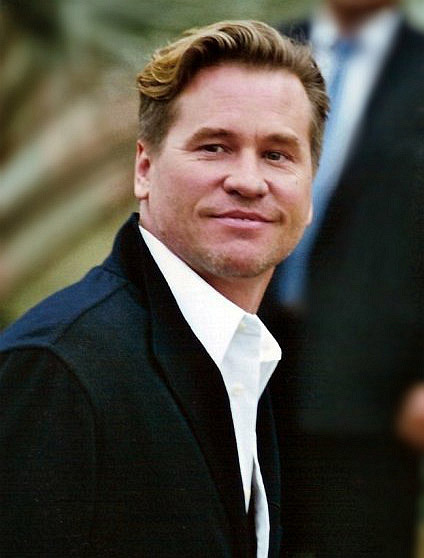
1. **Val Kilmer’s Definitive Portrayal of Doc Holliday: The Unshakeable Presence**Val Kilmer’s performance as Doc Holliday in “Tombstone” is not merely memorable; it’s frequently hailed as one of the film’s greatest strengths, garnering “particular praise” and becoming so synonymous with the character that it’s difficult to imagine anyone else in the role. Roger Ebert, a discerning and highly influential critic, went so far as to call Kilmer’s portrayal “the definitive saloon cowboy of our time.” This isn’t a casual compliment; it’s a powerful statement recognizing a performance that captured the public imagination and set a benchmark for all future Western interpretations, demonstrating a toughness that resides in character embodiment itself.
The sheer magnetism of Kilmer’s Doc Holliday lies in how he embodies a character who is simultaneously refined and deadly, intellectual and debauched. He moves with a languid grace, speaks with a genteel Southern accent — an accent Kilmer “practiced for a long time” to perfect — and possesses an almost uncanny calm even in the face of chaos. It’s a performance that doesn’t just show toughness through overt physical confrontation, but through an intricate blend of verbal sparring, a world-weary cynicism, and an undeniable aura of dangerous competence. This definitive portrayal establishes a baseline of toughness; not just an ability to fight, but an intrinsic, almost natural command of any situation he finds himself in, even when gravely ill.
What Kilmer accomplished was to infuse Doc Holliday with a gravitas and an internal fire that made every appearance count. His nuanced approach allowed audiences to see past the immediate actions to the formidable mind and spirit beneath the sickly exterior. Doc is presented with layers, revealing a man who, despite his various vices and deteriorating health, maintains a sharp wit and an unshakeable presence. This definitive take on Doc Holliday means that every line, every gesture, every subtle shift in expression contributes to an overall impression of a man who is inherently, profoundly tough, both in body and mind. It’s a performance that demands attention and respect, asserting Doc’s authority without always needing to draw a weapon, proving that true toughness can be as much about bearing as it is about brawn.
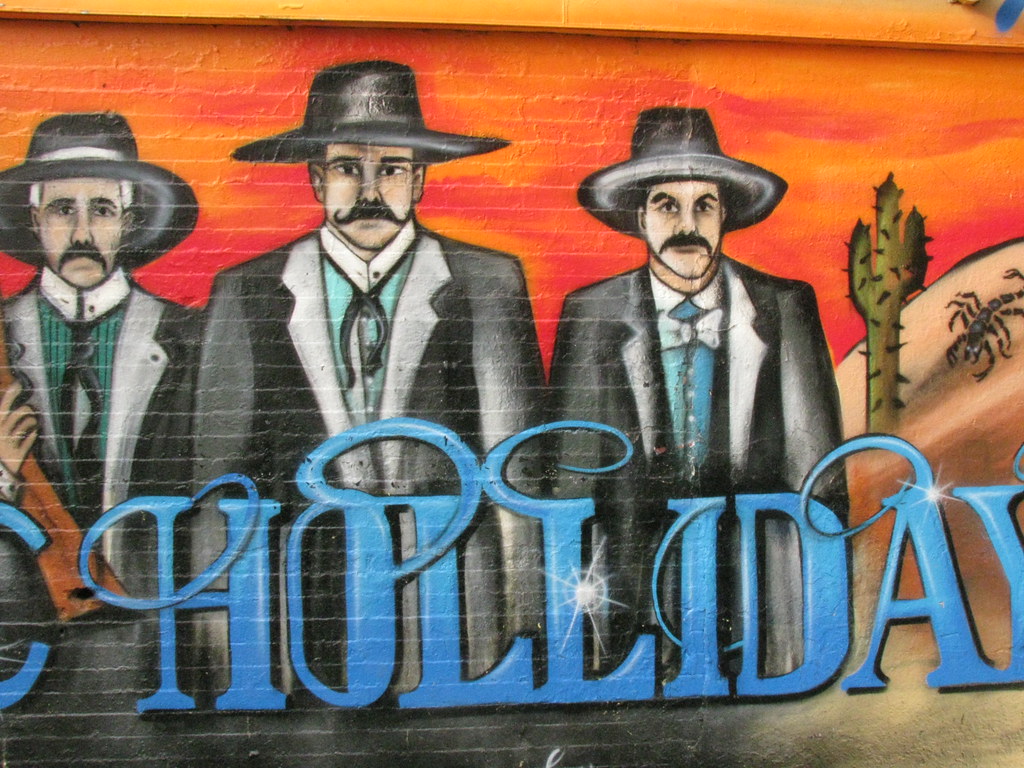
2. **Doc Holliday’s Battle with Tuberculosis: The Unyielding Internal War**One of the most profound and often understated aspects of Doc Holliday’s toughness, frequently overshadowed by his reputation as a gunfighter, is his relentless battle with worsening tuberculosis. The film explicitly states that Doc is “seeking relief in the dry climate from his worsening tuberculosis,” a clear indication of the severe physical toll his illness is taking. This isn’t a mere plot point; it’s a fundamental aspect of his character, coloring every interaction and action. Yet, despite this debilitating condition, he remains an active and crucial participant in the unfolding drama of Tombstone, never allowing his sickness to entirely dictate his spirit or his actions. His sheer will to continue operating at such a high level, defying his body’s limitations, is an extraordinary display of fortitude.
This internal struggle highlights a form of toughness that is far more personal and enduring than any external conflict. Doc faces not just outlaws like the Cowboys, but his own mortality, a fight he knows he cannot ultimately win. His ability to function, to think strategically, and to engage in deadly confrontations while his body is actively failing him speaks volumes about his mental fortitude. He is tough not just because he can shoot, but because he refuses to surrender to his disease, pushing himself far beyond what most would consider possible for someone in his condition. This isn’t just bravado; it’s an existential defiance.
His continued presence, even as his health “worsens,” is a constant, stark reminder of his sheer will. He continues to gamble, drink, and maintain his sharp intellect, often using his wit as a weapon more potent than his pistol. The dry climate of Arizona was meant to offer some respite, yet the shadow of his illness looms large throughout the narrative, making his contributions all the more heroic. This quiet endurance, the daily grind against a relentless disease, demonstrates a profound, almost philosophical toughness. It frames his external actions as even more impressive, knowing that every move he makes, every word he utters, is done against a backdrop of severe physical decline, a constant internal battle raging beneath his composed exterior.

3. **The Initial Standoffs with Johnny Ringo: A Symphony of Psychological Warfare**The escalating rivalry between Doc Holliday and Johnny Ringo is a cornerstone of “Tombstone,” and their initial “stand-offs” are perfect examples of Doc’s toughness manifesting not in overt gunfire, but in calculated psychological warfare. The context notes explicitly that “Doc and Ringo have already had a couple of stand-offs in Tombstone that were ultimately broken up,” emphasizing that their confrontations were not immediate bloodbaths, but simmering tests of wills. These moments are crucial in establishing Doc’s mental and emotional resilience, showcasing a battle fought as much with words and posture as with firearms.
During these early encounters, Doc consistently demonstrates a remarkable calmness under pressure and a sharp, cutting wit that disarms Ringo more effectively than any bullet could. He doesn’t just react to Ringo’s provocations; he anticipates them, parries them with acerbic remarks, and often turns them back with an almost playful disdain. This intellectual dominance, this refusal to be intimidated by Ringo’s notoriously volatile and dangerous demeanor, is a powerful form of toughness, proving that one can be utterly formidable without firing a shot. It’s a cerebral battle, where Doc’s quick mind outmaneuvers Ringo’s brute aggression.
These standoffs serve to build the narrative tension, certainly, but more importantly, they cement Doc’s reputation as a man who cannot be easily rattled or cowed. He understands Ringo’s psyche, recognizes the performative aspect of his menace, and responds with a calculated coolness that speaks to profound inner strength. By holding his ground, both physically and verbally, in the face of such a dangerous and unpredictable adversary, Doc showcases a mental toughness that utterly defines his overall character, preparing the audience for the eventual, inevitable clash of these two iconic figures.

4. **Doc’s Strategic Arrival at the Ringo Duel: The Unseen Preparation**The narrative leading up to the final, fateful confrontation between Doc Holliday and Johnny Ringo reveals yet another profound layer of Doc’s exceptional toughness and strategic brilliance. While Wyatt Earp “sets off for the showdown,” he does so “not knowing that Doc has already arrived at the scene.” This crucial detail, easily missed in the film’s broader sweep, is a powerful testament to Doc’s foresight, initiative, and an unwavering, almost preternatural commitment to his friends and his self-appointed mission. This preemptive action isn’t just a plot device; it’s a clear indicator of a character who is not only tough in a direct fight but also possesses a keen, anticipatory tactical mind.
Doc’s secret arrival speaks to a deep sense of loyalty, a willingness to protect his chosen family, and a calculated, high-stakes risk-taking. He doesn’t wait to be asked or to simply follow orders; he anticipates the looming need and acts decisively, moving with a quiet efficiency that belies his deteriorating physical state. This clandestine, unannounced presence at the intended duel site illustrates a form of toughness rooted in strategic thinking and proactive determination. He is not merely a reactive gunfighter waiting for the call; he is an orchestrator, a chess master moving pieces on the board before his opponents, and even his allies, fully realize the game has begun. His capacity for independent, decisive action under extreme pressure marks him as truly formidable.
This moment is particularly telling because Doc’s health is explicitly “worsening,” yet he undertakes this clandestine journey and positions himself for a potential confrontation that could easily prove fatal. It’s a display of iron will and unwavering resolve, prioritizing the task at hand – protecting Wyatt and eliminating a dangerous threat – over his own failing physical state. His presence, unlooked for by Wyatt, underscores his dedication and his inherent toughness, proving that even at his weakest, Doc Holliday remains a force to be reckoned with, always one step ahead. It’s a quiet act of heroism, driven by a profound inner strength that defies his ailing body.

5. **The Iconic “I’m Your Huckleberry” Line: A Declaration of Absolute Readiness**The line “I’m your huckleberry,” delivered by Val Kilmer as Doc Holliday, has transcended its cinematic origins to become one of the most celebrated and instantly recognizable pieces of dialogue in “Tombstone.” More than just a casual retort or a pithy saying, it’s a definitive statement of Doc’s unique brand of toughness, combining wit, confidence, and a chilling readiness for conflict. The context explicitly highlights this phrase, noting its origin from the “Dictionary of Americanisms (1877) by John Russell Bartlett,” where “Huckleberry above the Persimmon” means “to excel.” This historical grounding amplifies its significance, transforming a simple phrase into a profound declaration of superiority and unwavering readiness for battle.
When Doc utters “I’m your huckleberry,” particularly in his tense confrontations with Ringo, it’s not just a casual challenge; it’s a direct, almost surgical assertion of dominance, wrapped in that inimitable genteel Southern drawl. It means, essentially, “I’m the right man for the job,” or more pointedly, “I’m the one you’re looking for, the one who will meet your challenge, and I’m more than capable of handling you.” This supreme confidence, bordering on an almost elegant arrogance, is a potent display of mental toughness. He isn’t just willing to fight; he is utterly convinced in his ability to prevail, even against a formidable and erratic adversary like Johnny Ringo, whose reputation for speed and ruthlessness precedes him.
This line embodies Doc’s psychological edge, a crucial component of his toughness that often goes overlooked in favor of his physical prowess. It’s a verbal gauntlet thrown down, demonstrating that he is unflappable, always prepared, and fundamentally superior to his opponent in terms of control and mental fortitude. The phrase, delivered with Kilmer’s precise intonation and a characteristic glint in his eye, conveys a toughness that is both intellectual and visceral. It communicates a deep, unshakeable self-assurance and a quiet, yet undeniable, threat that lingers in the air, leaving absolutely no doubt about Doc Holliday’s readiness to face any challenge head-on, effectively stripping his opponent of their psychological advantage.
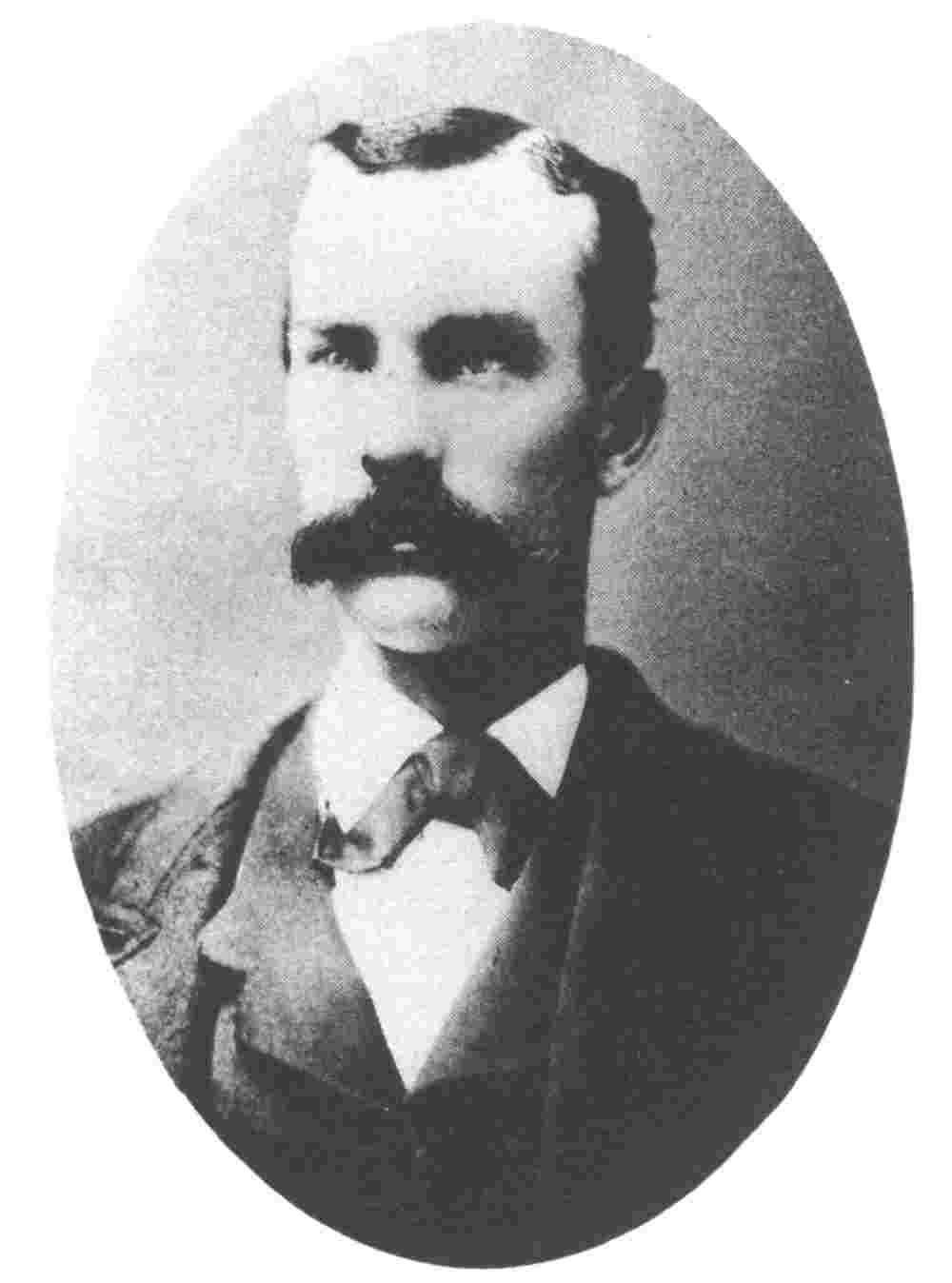
6. **The Decisive Duel with Johnny Ringo: The Ultimate Confrontation of Wills**The simmering tension between Doc Holliday and Johnny Ringo, a cornerstone of ‘Tombstone’s’ narrative, explodes into its ultimate and most definitive display of Doc’s toughness when they finally meet for their fateful duel. This isn’t just another gunfight; it’s the culmination of a psychological chess match, a final arbiter of who possesses the superior will and skill. The film’s narrative expertly builds to this moment, with Wyatt Earp setting off for the showdown, yet crucially, he’s ‘not knowing that Doc has already arrived at the scene’ – a testament to Doc’s proactive, almost preternatural readiness to confront the ultimate threat.
Doc’s arrival and subsequent challenge to a surprised Ringo, who was expecting Wyatt, is a masterclass in psychological disruption. It’s Doc’s way of ensuring the ‘game’ between them, as he calls it, is finished on his terms. This unexpected intervention, particularly from a man whose health is explicitly described as ‘worsening,’ speaks volumes about his unyielding resolve. He steps into a situation intended for his friend, taking on the notorious Ringo with a chilling confidence that disarms not just Ringo’s expectations, but his very composure. It’s a calculated move, demonstrating that Doc’s toughness isn’t solely about physical prowess, but about an intellectual superiority that allows him to control the narrative, even in the face of death.
The swift, decisive outcome of this confrontation, heralded by the sound of a single gunshot, seals Doc’s legend. Wyatt, hearing the shot and rushing to the scene, finds Doc standing victorious, having killed Ringo. This singular act, coming from a character who has been battling terminal illness throughout the film, is arguably the most profound illustration of his toughness. It’s a moment of absolute, unvarnished strength where all the previous displays of wit, strategic thinking, and sheer force of will coalesce into a definitive triumph. Doc Holliday doesn’t just win a duel; he conquers his most dangerous adversary, proving his mettle against all odds and cementing his place as an unparalleled figure of Western lore.

7. **Unwavering Resolve During the Earp Vendetta Ride: Sickness Be Damned**The Earp Vendetta Ride, a harrowing odyssey of retribution undertaken by Wyatt, Doc, and their chosen posse, presents another profound canvas for Doc Holliday’s unwavering resolve, especially when juxtaposed against his debilitating illness. Following the ambushes that left Morgan Earp dead and Virgil severely wounded, Wyatt, alongside Doc, a reformed Cowboy named Sherman McMasters, Texas Jack Vermillion, and Turkey Creek Jack Johnson, forms a formidable posse ‘to seek revenge.’ This collective mission, fraught with danger and personal grief, places Doc directly back into the crucible of conflict, a testament to his indomitable spirit even as his body rebels against him.
Throughout this relentless pursuit, the grim reality of Doc’s ‘worsening tuberculosis’ is a constant, suffocating shadow. The dry climate of Arizona was, ironically, meant to offer him some ‘relief’ from his condition, yet he is actively engaged in a bloody campaign, pushing himself far beyond what anyone, including himself, might have thought possible. His participation isn’t passive; he is an active, strategic member of this avenging force, enduring the hardships of the trail, the constant threat of ambush, and the physical demands of gunfighting, all while battling a disease that is systematically destroying him from within. It’s a visceral, stark display of a man refusing to yield to his own mortality.
His continued presence in the posse, his willingness to face down Curly Bill and later Ringo, and his unflagging support for Wyatt, are all illuminated by this internal struggle. The narrative notes that ‘When Doc’s health worsens, the group is accommodated by Henry Hooker at his ranch,’ a brief respite that underscores just how precarious his condition truly is. Yet, he persists. His ultimate fate, being ‘sent to a sanatorium in Colorado, where he dies of his illness,’ serves not as a defeat, but as a final, poignant testament to his incredible, almost superhuman, endurance. He fought his internal war and the external war with equal ferocity, never allowing his sickness to fully extinguish his fighting spirit until the very end, demonstrating a profound, almost tragic, heroism.
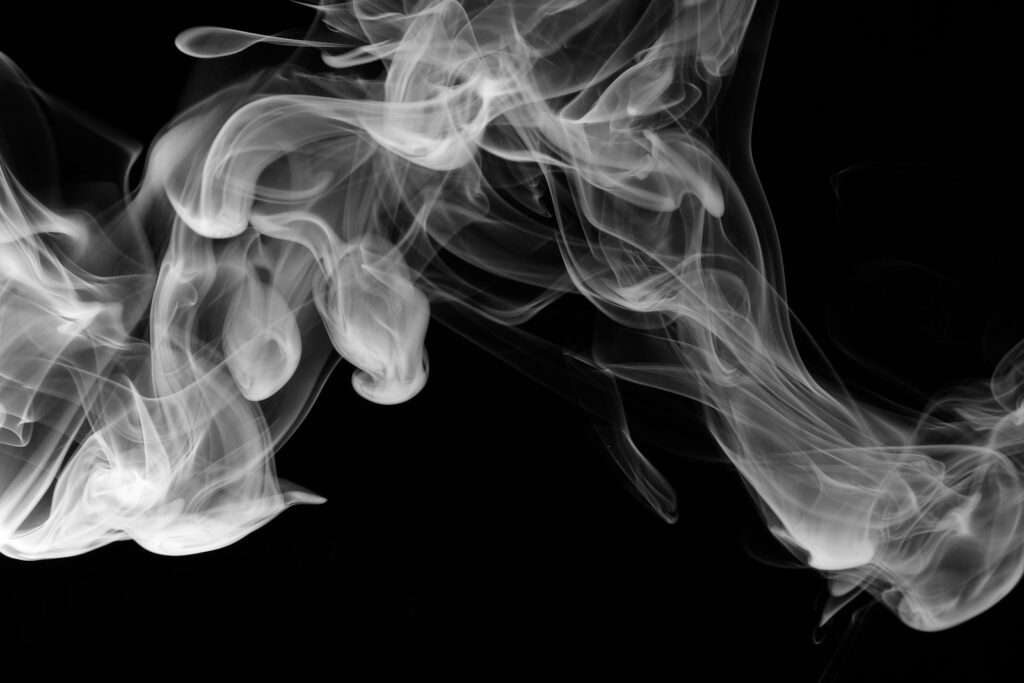
8. **Fierce Loyalty During the Earp Vendetta Ride: A Brother’s Keeper**Beyond his personal courage and strategic acumen, Doc Holliday’s fierce loyalty to Wyatt Earp and his family emerges as one of his most defining and enduring characteristics, particularly during the perilous Earp Vendetta Ride. His immediate and unhesitating inclusion in the posse, formed by Wyatt, Doc, and other allies ‘to seek revenge,’ speaks volumes. This isn’t just about professional solidarity; it’s a deep, personal commitment that transcends the bounds of mere friendship, elevating their bond to something akin to brotherhood. Doc, despite his own precarious health, chooses to ride into the heart of danger for the Earps, showcasing a selfless dedication that defines his unique brand of toughness.
The ultimate manifestation of this loyalty, however, arrives during the climactic showdown with Johnny Ringo. The plan dictates that Wyatt is to face Ringo, but in a crucial, defining moment, the film reveals that ‘Wyatt sets off for the showdown, not knowing that Doc has already arrived at the scene.’ This clandestine act of pre-emption by Doc is an extraordinary display of protective loyalty. He doesn’t wait to be asked, nor does he allow Wyatt to walk into what could be a fatal ambush alone. Instead, he positions himself, acting decisively and independently to safeguard his friend, proving he is truly his brother’s keeper.
Doc’s direct confrontation with Ringo, challenging a surprised adversary who ‘was expecting Wyatt,’ is a calculated move born of profound devotion. He intentionally places himself in Ringo’s crosshairs, ensuring that Wyatt is spared the confrontation, or at least that he has a decisive advantage. This isn’t merely bravery; it’s a deep-seated commitment to his chosen family, a willingness to sacrifice himself for those he cares for. This fierce loyalty, enacted through such a high-stakes, proactive intervention, showcases a form of toughness that is rooted in compassion and sacrifice, solidifying Doc Holliday as more than just a gunfighter—he is an unshakeable ally, whose devotion is as formidable as his quick-draw.

9. **The Lasting Legacy of Doc Holliday: The Definitive Saloon Cowboy**The enduring impact of Doc Holliday in ‘Tombstone’ transcends the film itself, cementing his legacy as a singularly complex and iconic figure within the Western genre. ‘Tombstone’ was widely praised, with ‘particular praise’ reserved for ‘Val Kilmer’s memorable performance as the hard-drinking Doc Holliday,’ helping the film become a ‘cult classic since its release.’ This critical and popular acclaim wasn’t just for a good supporting role; it was for a performance that redefined how audiences perceive the classic Western anti-hero, morphing a historical footnote into a character whose influence continues to resonate.
Indeed, critics and audiences alike recognized the profound depth Kilmer brought to the character, transforming him from what could have been a mere ‘sidekick into a formidable presence’ whose ‘intelligence, wit, and sheer force of will radiate from the screen.’ Doc Holliday, as portrayed in ‘Tombstone,’ isn’t simply a gunfighter; he’s a man battling internal demons with a sharp intellect and a cutting wit, a philosophical gambler who faces death with a sardonic smile. This intricate layering, a direct result of Kilmer’s performance, ensures that Doc’s toughness is perceived as multifaceted, encompassing mental acuity, emotional resilience, and an unwavering spirit, rather than just physical prowess.
Roger Ebert’s declaration of Kilmer’s portrayal as ‘the definitive saloon cowboy of our time’ stands as the ultimate testament to Doc Holliday’s lasting legacy. This isn’t hyperbole; it’s a recognition of a performance that set a new benchmark for Western characterizations. It means that every future depiction of a similar archetype will, consciously or unconsciously, be measured against the standard set by Kilmer’s Doc Holliday. His unique blend of refinement and lethal capability, his poetic pronouncements, and his tragic battle with illness combine to create an unforgettable character whose essence defines an entire subgenre of Western iconography.
Ultimately, the varied facets of Doc Holliday’s toughness—his unshakeable presence, his internal battle with illness, his psychological dominance over adversaries, his strategic foresight, and his unwavering loyalty—culminate in a character whose impact is felt deeply, long after the credits roll. He is the ultimate symbol of a man who lives on his own terms, facing down both external threats and his own mortality with an unyielding spirit. This is the heart of why, even decades later, ‘Tombstone’ remains a touchstone, and why Val Kilmer’s Doc Holliday is, without question, the definitive saloon cowboy of cinematic history—a legend forged in fire and wit, forever etched in the annals of pop culture.
From the meticulous portrayal by Val Kilmer to the unwavering resolve in the face of death, Doc Holliday’s toughness in ‘Tombstone’ is a masterclass in character depth and narrative power. It’s a testament to how cinematic storytelling, when imbued with such commitment and layered complexity, can elevate a historical figure into an enduring legend, reminding us that true strength often lies in the unyielding spirit and the defiant soul. We walk away from ‘Tombstone’ not just entertained, but profoundly affected by a character who defied expectations, embraced his fate, and cemented his place as an unforgettable icon of the American West.



